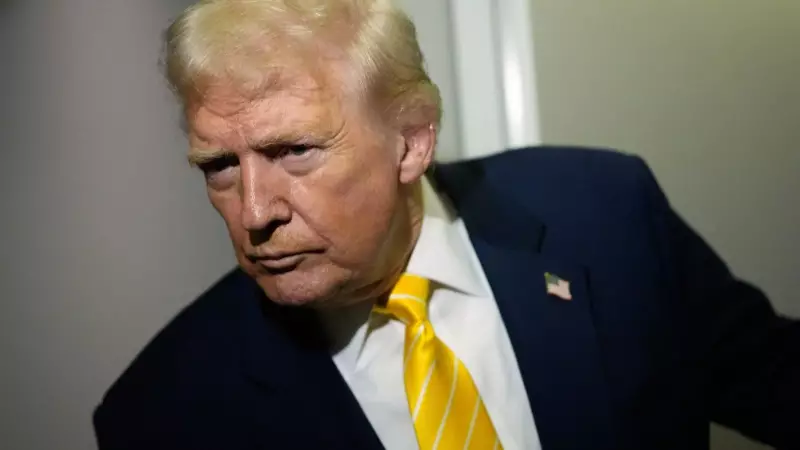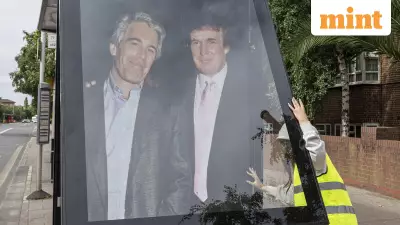
Former US President Donald Trump has announced he will file a lawsuit against the British Broadcasting Corporation (BBC) next week, marking another significant legal move in his ongoing battles with media organizations. The announcement came during a recent interview, though specific details about the nature of the lawsuit remain limited.
The Background: Steele Dossier Controversy
The impending legal action appears to be connected to the BBC's reporting on the controversial Steele dossier. This document, compiled by former British intelligence officer Christopher Steele, contained numerous allegations about Trump's connections to Russia during the 2016 presidential campaign.
The dossier was funded by Fusion GPS, a research firm that had been hired by lawyers representing the Democratic National Committee and Hillary Clinton's campaign. Many of the claims within the dossier remain unverified, and it has been a source of significant political controversy since its emergence.
Trump has consistently denied the allegations contained in the dossier and has repeatedly characterized it as "fake news." His relationship with the BBC, like with many mainstream media outlets, has been contentious throughout his political career.
Trump's History of Media Lawsuits
This is not Trump's first legal action against media organizations. The former president has established a pattern of using lawsuits as a response to critical reporting.
In 2021, Trump filed a $100 million defamation lawsuit against The New York Times and three of its reporters over their investigation into his tax history. Similarly, he has taken legal action against CNN and The Washington Post, though these cases have faced significant legal hurdles.
Legal experts note that defamation cases involving public figures in the United States face particularly high barriers. Plaintiffs must prove that the media organization acted with "actual malice" - meaning they either knew the information was false or acted with reckless disregard for the truth.
Potential Implications and Legal Challenges
The announcement of the BBC lawsuit raises several important questions about international media law and the boundaries of legal action across jurisdictions.
Since the BBC is a British organization, any lawsuit would likely need to navigate the complexities of international law. British libel laws differ significantly from American standards, generally being more favorable to plaintiffs. However, it remains unclear where Trump plans to file the lawsuit and under which legal framework it would proceed.
The timing of the announcement is notable, coming as Trump continues to be a dominant figure in American politics and potentially gearing up for another presidential run. Legal observers suggest this could be part of a broader strategy to challenge media organizations he perceives as hostile.
Media freedom advocates have expressed concern about the potential chilling effect such lawsuits could have on investigative journalism. However, Trump and his supporters argue that they are necessary to combat what they describe as biased and inaccurate reporting.
As the situation develops, all eyes will be on the specific legal filings expected next week, which should provide clearer details about the nature of the claims and the legal basis for the action against one of the world's most prominent broadcasters.





